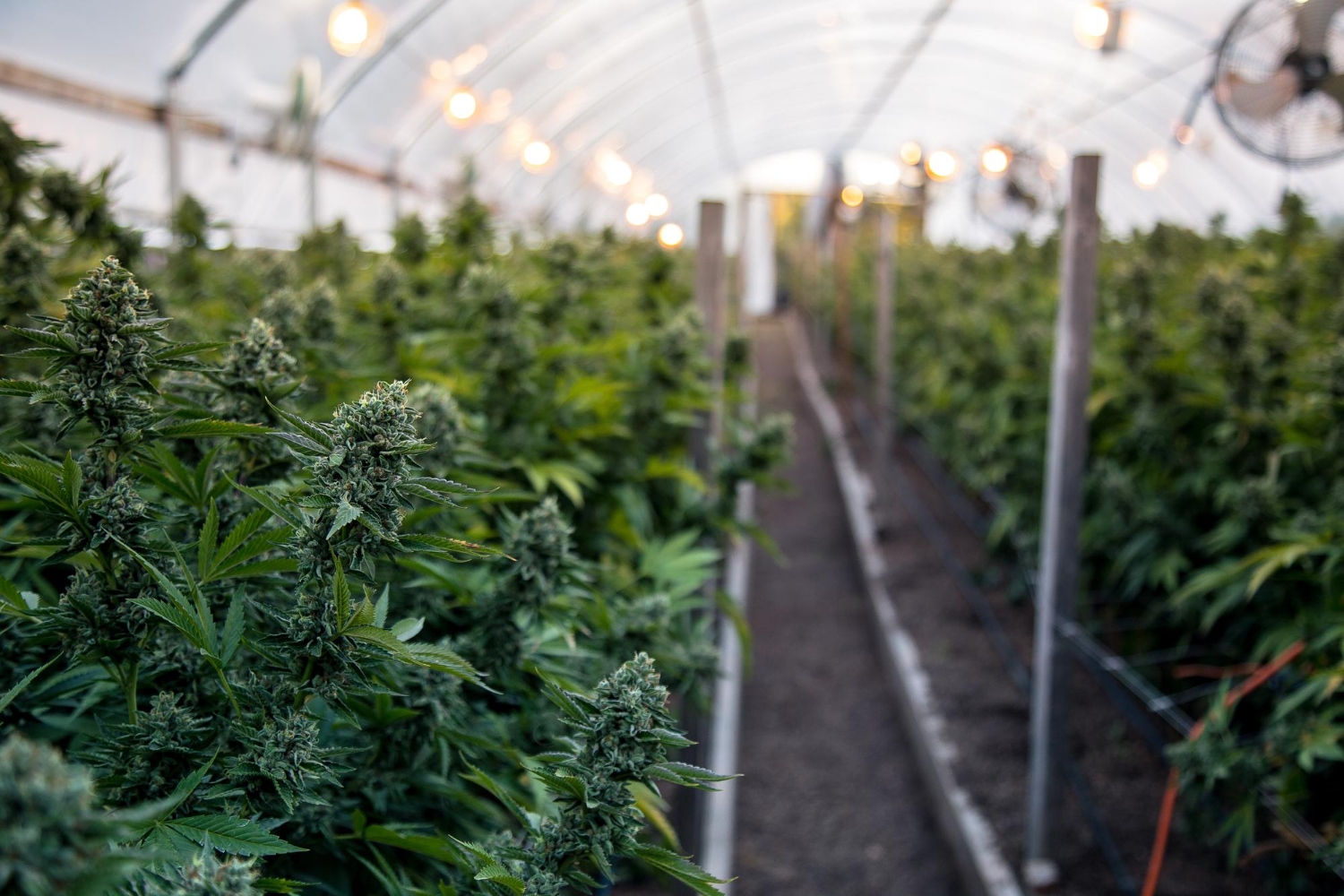In June 2025, Texas made history by becoming the 40th U.S. state to legalize medical cannabis, signaling a significant milestone in the nation’s evolving approach to cannabis policy. Long regarded as one of the most conservative states on the issue, Texas’s decision marks a dramatic shift that reflects changing public sentiment and a growing body of evidence supporting cannabis’s therapeutic benefits. The move follows years of debate, advocacy from patient groups, and legislative proposals that steadily built bipartisan support. The new law allows qualified patients to access regulated cannabis products through licensed dispensaries, ensuring safety, quality, and consistency. For many Texans suffering from chronic pain, epilepsy, PTSD, and other debilitating conditions, this development offers a long-awaited treatment option. Texas’s entry into the medical cannabis landscape also intensifies momentum for remaining holdout states, highlighting the broader national trend toward acceptance and accessibility.
Legislative Journey and Policy Details

The road to legalization in Texas was marked by cautious steps and incremental reforms. Earlier pilot programs allowed the use of low-THC cannabis oil for a limited set of medical conditions, but advocacy groups argued these measures fell short of meeting patient needs. In 2025, state lawmakers passed a comprehensive medical cannabis bill that expands qualifying conditions, raises allowable THC limits, and establishes a framework for regulated cultivation and distribution. The legislation also mandates physician oversight, patient registry systems, and product testing for safety and potency. By balancing access with strict regulatory measures, Texas aims to ensure medical cannabis is used responsibly and effectively. The bill garnered bipartisan support, driven by compelling testimony from patients, veterans, and healthcare professionals. Its passage not only improves treatment options for thousands of residents but also positions Texas as a key player in shaping the future of cannabis policy in the United States.
Economic and Healthcare Implications
Texas’s entry into the medical cannabis market carries substantial economic potential. With a population of nearly 30 million, the state represents one of the largest untapped cannabis markets in the country. Analysts project that the medical cannabis industry in Texas could generate hundreds of millions of dollars annually in tax revenue, while creating thousands of jobs in cultivation, processing, retail, and ancillary services. For healthcare, legalization means that physicians can recommend cannabis as part of personalized treatment plans, potentially reducing reliance on opioids and other prescription medications. Hospitals, clinics, and pharmacies are preparing to integrate cannabis-based therapies, supported by new training programs for medical professionals. Beyond state borders, Texas’s decision could influence national policy discussions and encourage federal reforms. The combination of economic growth and improved patient care underscores why Texas’s move is being closely watched by policymakers and industry stakeholders across the country.
Public Response and Future Outlook

The reaction to Texas’s legalization of medical cannabis has been overwhelmingly positive among patients, advocacy groups, and much of the general public. Polling in the lead-up to the decision showed strong support for expanded medical cannabis access, cutting across traditional political divides. For patients with conditions like cancer, multiple sclerosis, and severe chronic pain, the new law represents hope for improved quality of life. Advocacy groups are already pushing for future reforms, including broader qualifying conditions and adult-use legalization. On the national level, Texas’s move leaves only ten states without a medical cannabis program, increasing pressure on those legislatures to follow suit. As implementation unfolds, attention will turn to how effectively Texas rolls out its regulatory framework, addresses supply chain challenges, and ensures equitable access. If successful, the Texas model could serve as a blueprint for other large states making the transition to full medical cannabis legalization.







Leave a Reply